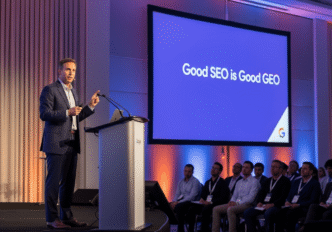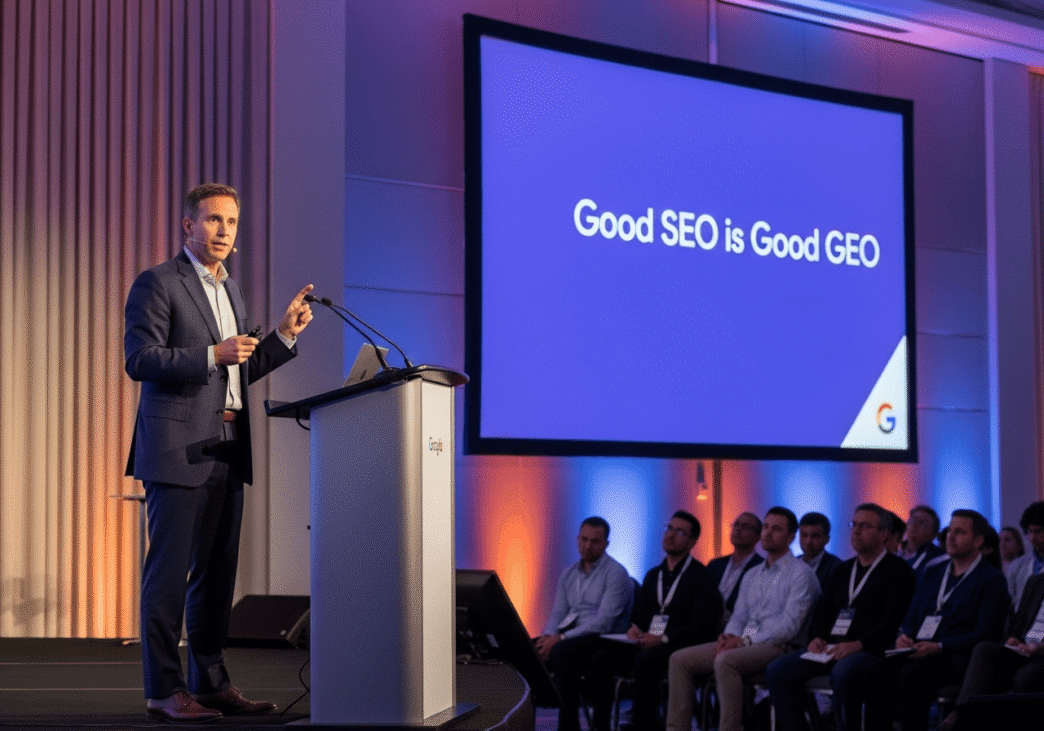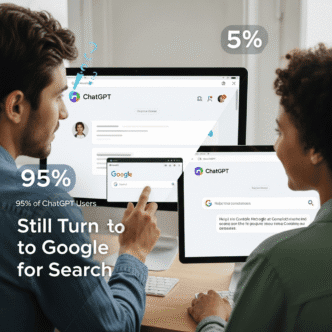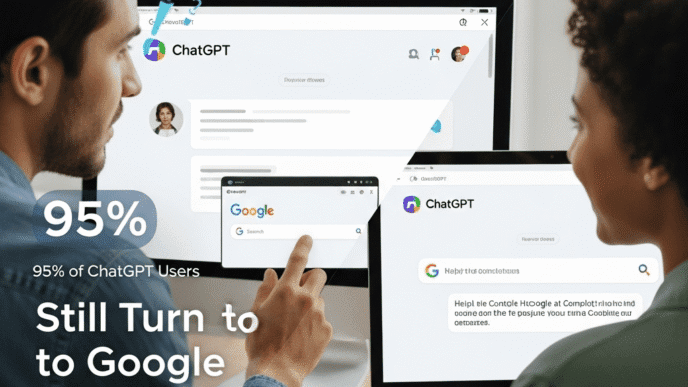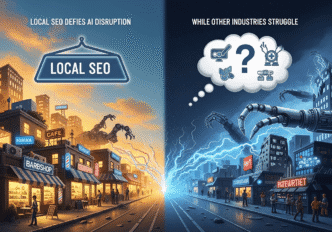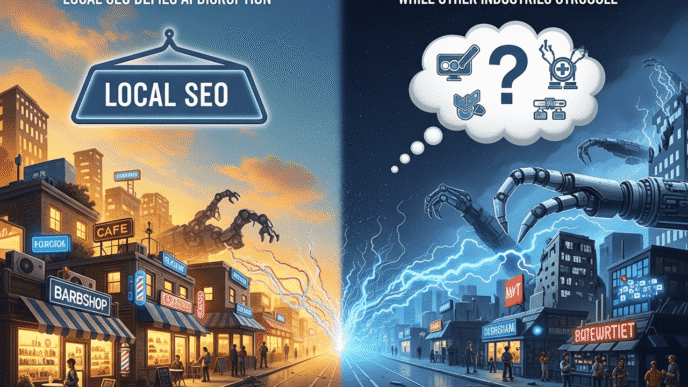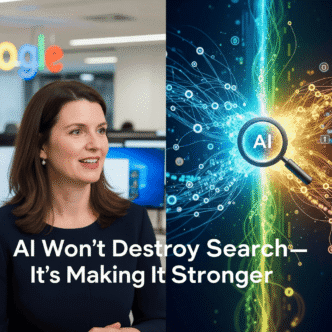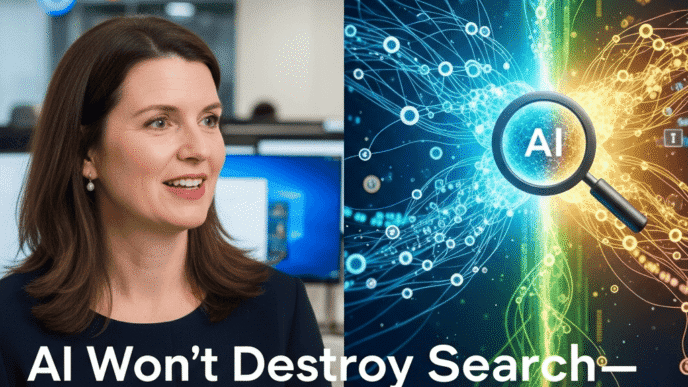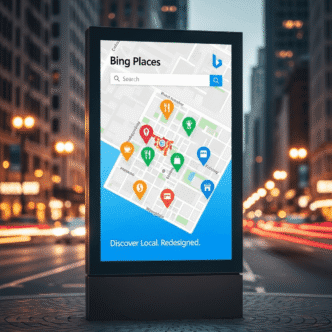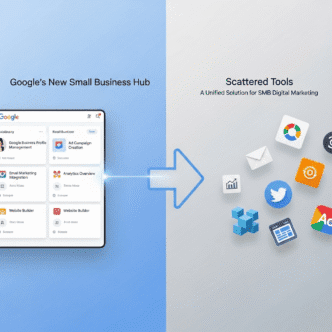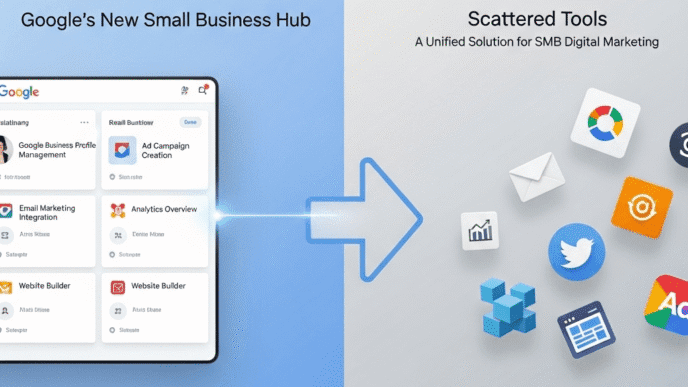Google executive reassures SEO community that fundamental optimization principles remain unchanged despite rise of generative AI search experiences
September 2, 2024 — In a keynote address that aimed to calm growing anxiety within the SEO community, Google’s Danny Sullivan delivered a clear message: the core principles of search engine optimization remain as relevant today as they were before the AI revolution.
Table of Contents
ToggleThe Central Message
Speaking at WordCamp US on August 28, Sullivan, who serves as a director within Google Search and former search liaison, offered reassurance to an industry increasingly concerned about the impact of AI Overviews and generative search experiences.
“Good SEO is good GEO, or AEO, AIO, LLM SEO, or LMNOPO. So, they’re all fine. What I’m trying to say is don’t panic. What you’ve been doing for search engines generally, and you may have thought of as SEO, is still perfectly fine and is still the things that you should be doing.”
— Danny Sullivan, Google Search Director
The statement comes as digital marketers scramble to understand how to optimize for what industry experts call Generative Engine Optimization (GEO) — the practice of optimizing content for AI-powered search experiences.
Industry Expert Reactions
Lily Ray, Senior Director of SEO & Head of Organic Research at Amsive Digital, believes Sullivan’s message reflects Google’s broader strategy:
“Danny’s comments align with what we’ve been seeing in our data. The fundamentals haven’t changed — Google still rewards high-quality, user-focused content. What’s different is how that content might be surfaced and presented to users through AI Overviews.
Barry Schwartz, News Editor at Search Engine Land, offers a more cautious perspective:
“While Sullivan’s reassurance is welcome, we’re seeing real impacts on click-through rates and traffic patterns. The industry needs to prepare for a future where traditional ranking metrics may become less relevant as AI-generated answers become more prominent.
The Click-Through Rate Dilemma
During the Q&A session, blogger Angie Drake raised concerns that have been echoing throughout the SEO community — plummeting organic click-through rates despite increased impressions since AI Overviews launched.
“Google has been unapologetic about zero-click factual answers because users expect direct facts. Google is committed to rewarding unique, valuable content and supporting the open web.”
— Sullivan’s response to CTR concerns
Kevin Indig, Director of SEO at Shopify, sees this as a pivotal moment for the industry:
“The ‘great decoupling’ Drake mentioned is real. We’re seeing higher impressions but lower clicks across many clients. This forces us to rethink what success looks like in SEO. It’s no longer just about rankings — it’s about brand visibility and authority in AI-generated responses.
Performance Data Reveals AI Impact
Sullivan shared compelling statistics demonstrating the reach of Google’s AI initiatives:
- 10% increase in searches in the U.S. and India following AI Overviews launch
- Google continues to make up to 5,000 algorithm updates per year
- AI Overviews are fundamentally changing how users interact with search results
Expert Analysis: What This Means for SEO Strategy
Dr. Pete Meyers, Marketing Scientist at Moz, emphasizes the need for strategic adaptation:
“Sullivan’s message that ‘SEO means you understand how people search for content and then you understand how to have your content there’ is crucial. Whether that’s blue links, voice responses, or AI-generated summaries, the core principle remains: understand user intent and create content that serves it.
Marie Haynes, CEO of Marie Haynes Consulting, focuses on the practical implications:
“The emphasis on ‘unique, valuable content’ isn’t new, but it’s more critical than ever. With AI summarizing information from multiple sources, your content needs to stand out not just for ranking, but for being selected as authoritative enough to cite in AI responses.
The Broader Industry Debate
Sullivan’s reassurances come amid growing debate about the future of SEO. While Google maintains that traditional optimization principles apply, industry leaders are divided on the long-term implications.
“The future of Google and conversational AI search will be answers, not ranking, regardless of what Googlers say publicly today.”
— Search Engine Land editorial perspective
Rand Fishkin, CEO of SparkToro, offers a contrarian view:
“While I appreciate Danny’s attempt to calm fears, the reality is that AI Overviews are fundamentally changing the search landscape. Publishers need to prepare for a world where being the ‘answer’ matters more than being the #1 result.”
Actionable Takeaways for SEO Professionals
Based on Sullivan’s guidance and expert analysis, SEO professionals should focus on:
- Content Quality Over Quantity: Create comprehensive, authoritative content that serves user needs
- Clear, Accessible Writing: Ensure content is easily understood by both humans and AI systems
- Unique Value Proposition: Develop content that offers perspectives and insights not available elsewhere
- User Experience Excellence: Maintain fast, mobile-friendly, accessible websites
- Monitor New Metrics: Track brand mentions in AI responses alongside traditional ranking metrics
Looking Forward
As the search industry continues evolving, Sullivan’s message serves as both reassurance and challenge. While the fundamental principles of good SEO remain constant, their application in an AI-dominated search landscape requires new thinking and strategies.
Ann Smarty, Brand Manager at Internet Marketing Ninjas, summarizes the current sentiment:
“Danny’s right that good content will always win, but ‘good’ is being redefined. We need content that not only ranks but also gets cited, summarized, and recommended by AI systems. That’s a higher bar than many realize.”
The SEO community now faces the task of applying these timeless principles to an rapidly evolving search ecosystem — one where success may be measured less by clicks and more by influence, authority, and the ability to inform AI-generated responses that serve millions of users daily.
For more insights on navigating the AI search revolution, industry professionals can watch Sullivan’s full keynote presentation, with the GEO discussion beginning at the 45:06 mark.
Related posts:
- AI Search and SEO: How the Industry is Navigating a “26-Mile Sprint”
- Conversion Rate Optimization: 15 Proven Tactics to Turn Clicks Into Sales
- Amazon Backend Keywords 2025: Complete Guide to Hidden Search Terms That Boost Rankings
- Wikidata for SEO: Creating & Optimizing Your Entity in the Semantic Web

